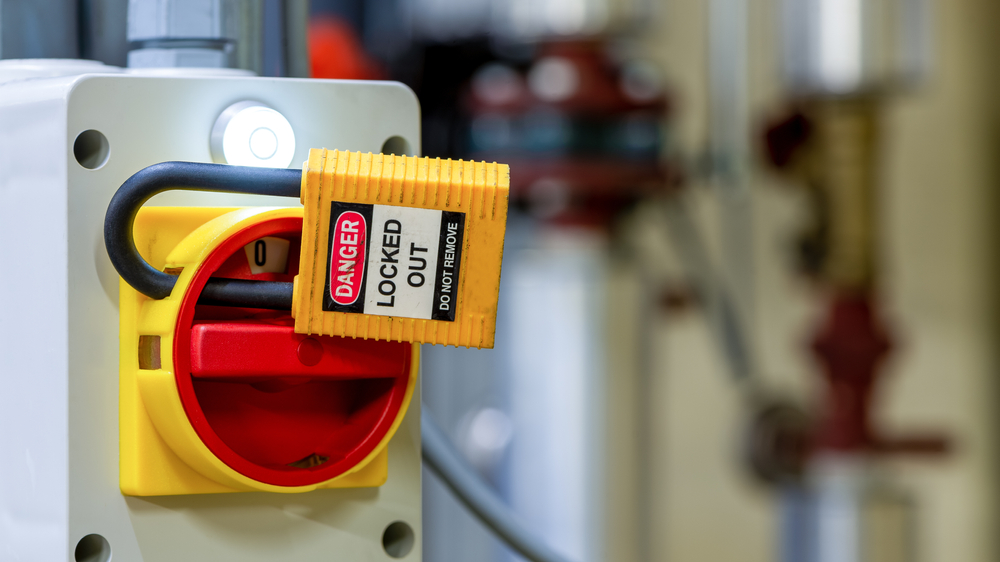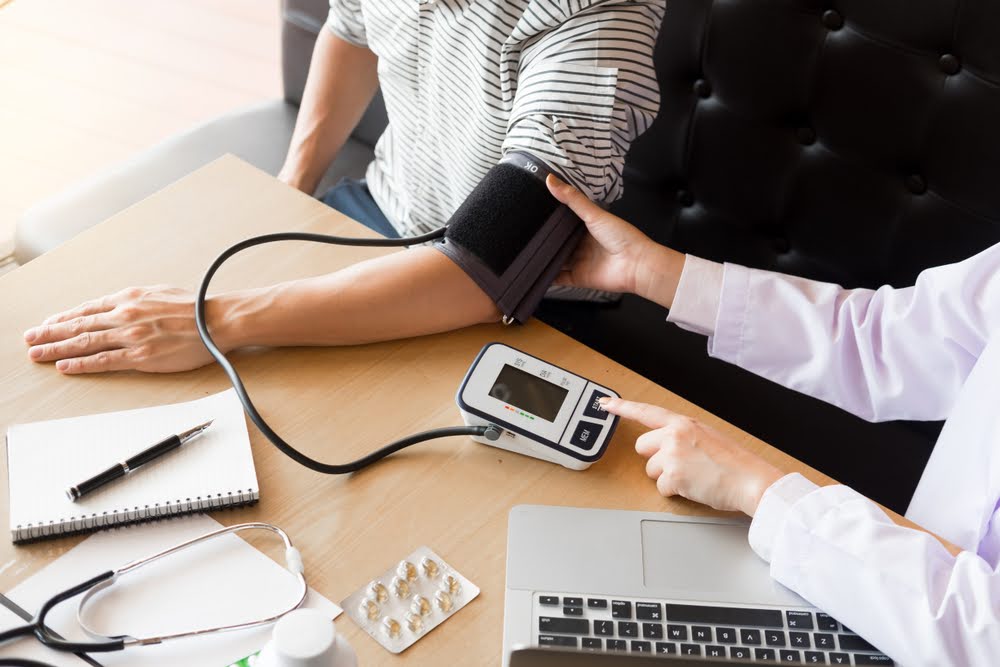Have you ever considered the impact of drug and alcohol use on your workplace?
As an employer, understanding the impact of drugs and alcohol on the workplace, the different types of testing available, legal considerations, and the implementation process is crucial for your employees’ well-being and business success.
In this article, we will explore the challenges of employee drug and alcohol misuse, how drug and alcohol testing can create a better workplace, standard testing methods, and so much more.
Workplace Substance and Alcohol Challenges
According to a 2023 article from American Addiction Centers, a national survey found that 15.3% of workers reported working under the influence of alcohol, and 2.9% reported working under the influence of illicit drugs. Employee substance abuse poses significant challenges to the workplace.
A few of these challenges include:
- Lost productivity
- Absenteeism
- Turnover and recruitment costs
- Safety concerns
- Increased workers’ compensation claims
According to the Tennessee Department of Labor & Workforce Development, substance abuse disorders cost American businesses over $100 billion annually. As an employer, you can take steps towards creating and sustaining a healthy work environment by understanding some of the challenges of substance and alcohol use.
Productivity
One of the most immediate and tangible effects of employee substance abuse is a decline in productivity. Individuals under the influence of drugs or alcohol often experience impaired cognitive function, reduced focus, and diminished decision-making abilities.
As a result, work quality and dependability can fall. Moreover, substance abuse can lead to increased workplace accidents and errors, further compromising productivity. Employees working with addiction may struggle to meet performance expectations, negatively impacting team dynamics and the overall success of the organization.
Absenteeism
Employee absenteeism is another significant consequence of substance and alcohol challenges in the workplace. Individuals grappling with addiction issues are more likely to miss work or arrive late, disrupting workflow and creating additional burdens on their colleagues.
Absenteeism due to substance abuse can result in a domino effect, affecting project timelines, customer satisfaction, and the company’s bottom line.
Workplace Morale and Relationships
In the workplace, substance abuse can affect the relationships between team members.
Employers must address these challenges and promote a culture of mutual support, teamwork, and communication to maintain a healthy and positive work environment.
Safety Risks and Workers’ Compensation
Beyond productivity and absenteeism, substance abuse in the workplace poses severe health and safety risks. According to the Tennessee Department of Labor & Workforce Development, 38% to 50% of all Workers’ Compensation claims are related to workplace substance abuse.
Implementing comprehensive drug and alcohol testing programs, as well as providing education and support, becomes imperative in mitigating risks and ensuring a safe working environment.
The Significance of Employee Drug and Alcohol Testing
In addition to promoting a culture of accountability, employee drug and alcohol testing also helps to deter drug and alcohol use among employees. Knowing that they may be subject to testing at any time can act as a powerful deterrent, discouraging employees from engaging in substance use.
Moreover, employee drug and alcohol testing can help employers identify employees who may be struggling with addiction and provide them with the necessary support and resources to overcome their substance use. Testing is a win-win situation for the employee and the employer, as the employee can receive help while the employer can retain a productive and valuable team member. Employers can benefit from a safer and healthier work environment, reduced workplace accidents, and a more accountable and responsible workforce by prioritizing testing.
Below, we’ll cover two common drug testing methods: pre-employment and post-accident testing.
Types of Drug and Alcohol Testing
Pre-Employment Testing
This type of drug and alcohol testing is crucial in ensuring a safe and drug-free work environment during the hiring process. Pre-employment drug and alcohol testing ensures that potential employees do not have any substance abuse issues that could impact their job performance.
By conducting pre-employment testing, employers can gain valuable insight into candidates’ suitability for the position and make an informed hiring decision.
Post-Accident Testing
In the case of accidents, post-accident drug and alcohol testing is essential in determining whether substance use played a role in the incident. This type of testing is vital to understanding the cause of accidents and taking preventive measures to avoid future incidents. Post-accident testing can help employers identify employees who are using drugs or alcohol on the job and take appropriate action.
Post-accident testing is also helpful in protecting employers from potential legal liabilities. If an accident occurs due to an employee’s substance abuse, the employer could be held liable for damages. By conducting post-accident testing, employers can demonstrate that they took reasonable steps to prevent the incident and protect their employees.
While pre-employment and post-accident drug screenings are among the most common organizational requirements for drug testing, other circumstances could include:
- Random drug testing
- Periodic drug testing
- Reasonable suspicion drug testing
- Follow-up drug testing
Regardless of your industry, you will want to create a testing process that works for you and your business.
Below, we’ll detail common test types in urine drug testing and breath alcohol testing that reveal recent drug and alcohol use.
Urine Drug Testing
Urine drug testing is a widely employed and non-invasive method that screens for the presence of drugs in an individual’s system. The test analyzes urine samples to detect the presence of illicit drugs, prescription drugs, and other controlled substances.
The detection window for urine drug testing varies based on the type of drug. Detection is typically within the past 1 to 3 days. However, particular drugs may remain detectable for an extended period, especially in cases of chronic use.
Urine drug testing proves valuable for employers seeking a comprehensive understanding of their employees’ substance use. By identifying individuals with drug dependencies or recent drug use, employers can take proactive measures to ensure a safe working environment. Employers can use the test results to assess an employee’s fitness for duty, reduce the risk of accidents or injuries, and promote a drug-free workplace. Additionally, it can help employers identify employees who may need assistance with drug addiction and provide them with the necessary resources.
Breath Alcohol Tests (BAT)
Breath Alcohol Tests (BAT) measure the alcohol concentration in an individual’s breath, providing immediate results regarding the person’s current level of impairment due to alcohol consumption. The test measures the blood alcohol concentration (BAC), providing a direct indicator of intoxication. BAT holds immense importance for employers, especially in safety-sensitive industries where even a momentary lapse in sobriety can lead to significant safety risks.
BAT is an accurate and non-invasive method to determine an employee’s sobriety level. The results can also help employers assess employees’ fitness for duty and make informed decisions regarding workplace discipline or termination. By implementing a BAT program, employers can promote a safe working environment and reduce the risk of alcohol-related incidents in the workplace.
Tennessee Drug-Free Workplace Program
As an employer in Tennessee, implementing a successful drug and alcohol testing program benefits your business in many ways. With the Tennessee Drug-Free Workplace program, employers can experience an environment where employees are drug and alcohol-free.
An employer certified by the Tennessee Drug-Free Workplace Program to be a Tennessee Drug-Free participant can reap the benefits of:
- A minimum 5% reduction in workman’s compensation insurance premiums
- The burden of proof is transferred to the employee on all workers’ compensation claims.
- Compliance with drug-free workplace laws
- increased productivity
- fewer work-related accidents
- reduced absenteeism
- reduced medical insurance benefit payout
Implementing a Drug and Alcohol Testing Program
If you want a quick test or want to establish a comprehensive program for your business, consider Workforce Essentials.
WorkForce Essentials offers comprehensive solutions for implementing and managing drug and alcohol testing programs.
How Can WorkForce Essentials Help You With Drug and Alcohol Testing?
We develop custom substance abuse policies from complete program management for Tennessee Drug-Free Workplace programs to federally mandated Department of Transportation programs. By partnering with WorkForce Essentials, employers can focus on creating a safer workplace while leaving the complexities of testing logistics to the experts. If you’re looking to detect recent substance abuse, urine and breath alcohol testing could be great options for you.
Some additional drug testing services at Workforce Essentials include:
- Instant testing: Get results in five minutes with instant testing through various panel configurations.
- Hair follicle testing: Detect long-term drug use from approximately 90 days to a year with many test configurations.
- Custom testing: Looking to test for a specific drug? We offer custom drug testing services upon request.
Final Thoughts
Don’t ignore the many problems and costs related to substance abuse. Invest in a program at Workforce Essentials that provides industry-specialized drug screenings.
We are a Third Party Administrator (TPA) that provides your business with everything you need, such as tools, training, and workforce services required to implement a drug-testing program.
Need more information on our drug testing services? Call us at 800-865-0981, or fill out our form here.




